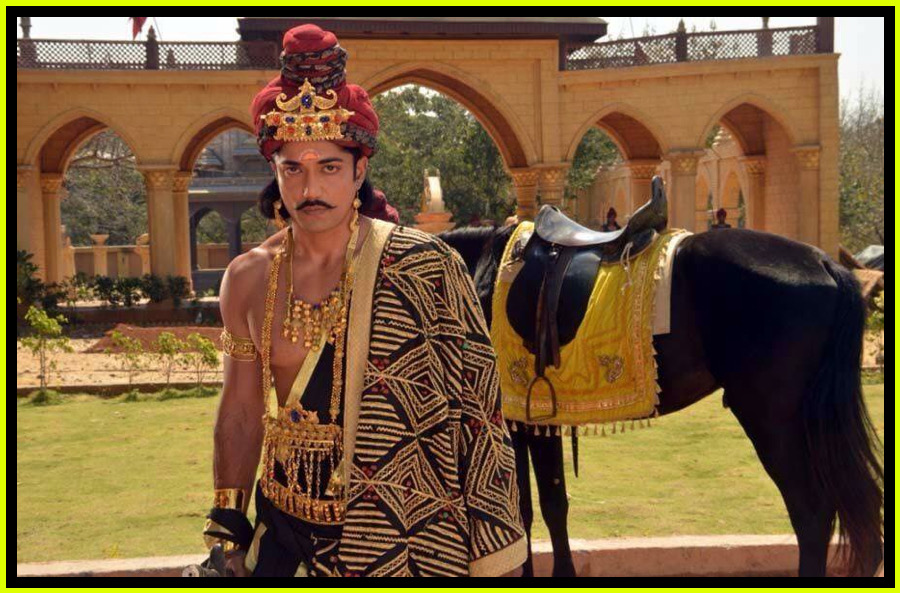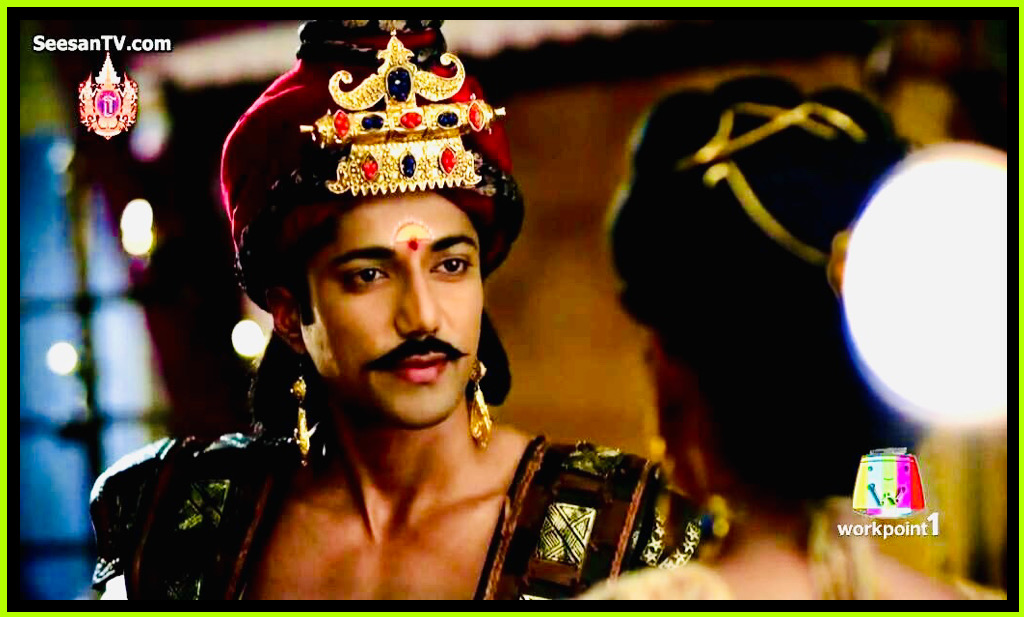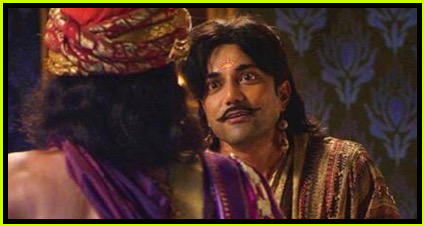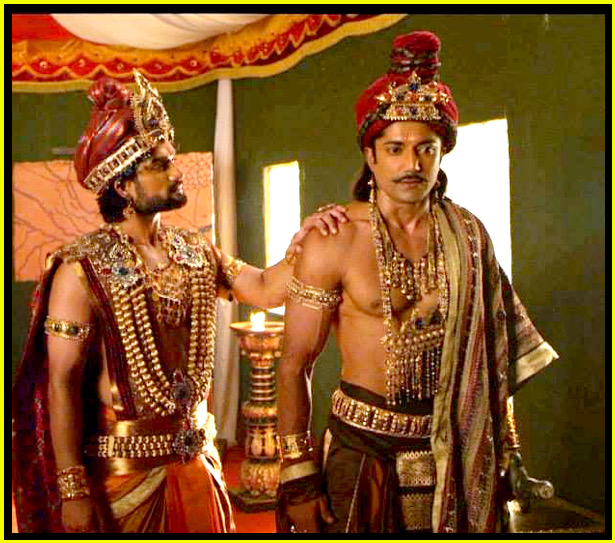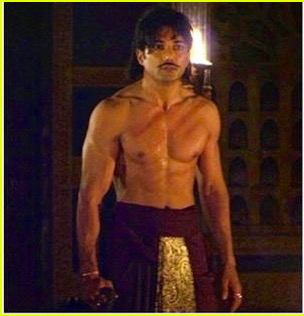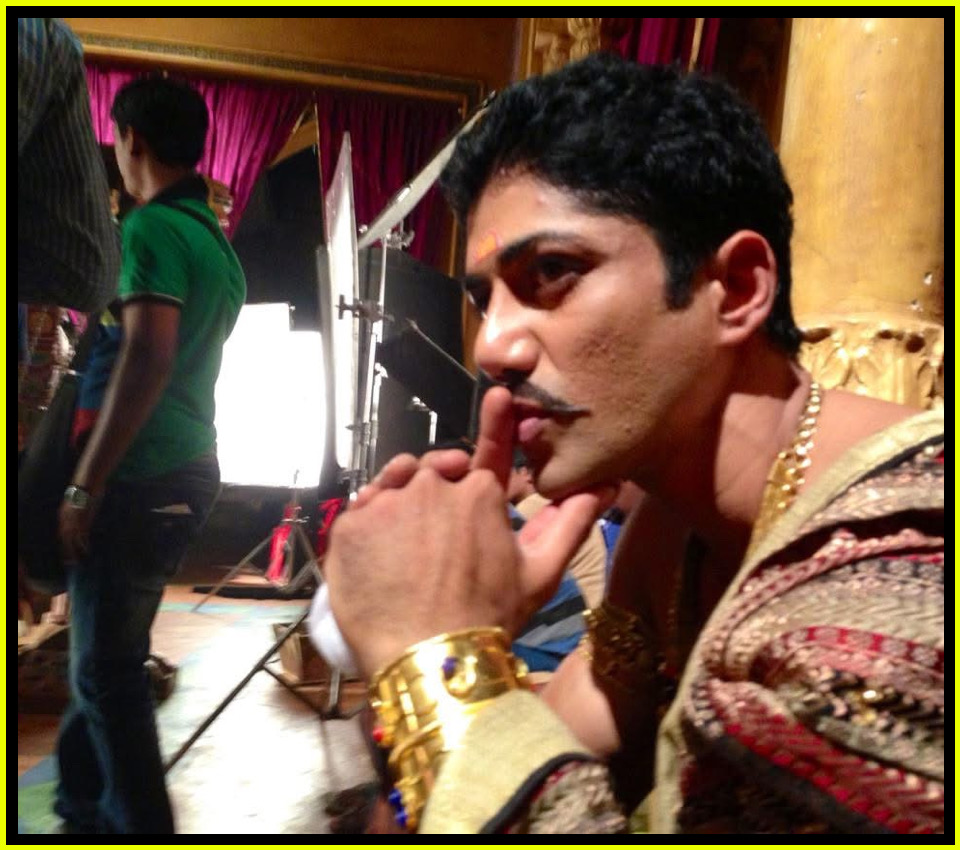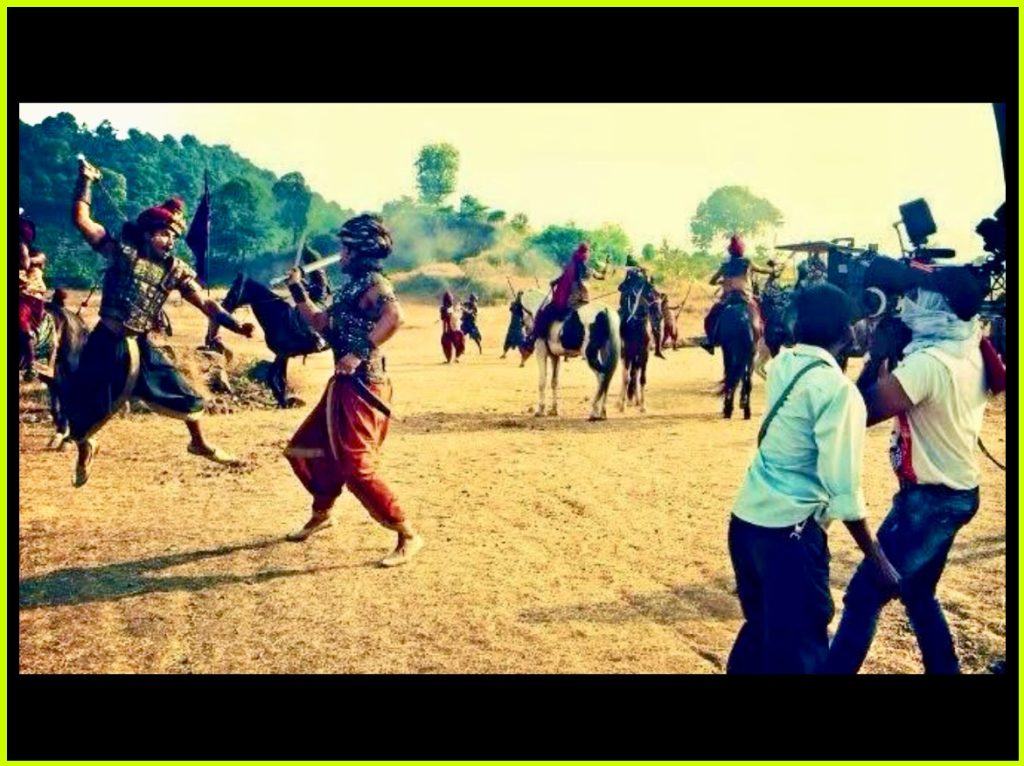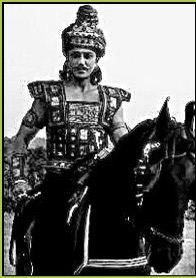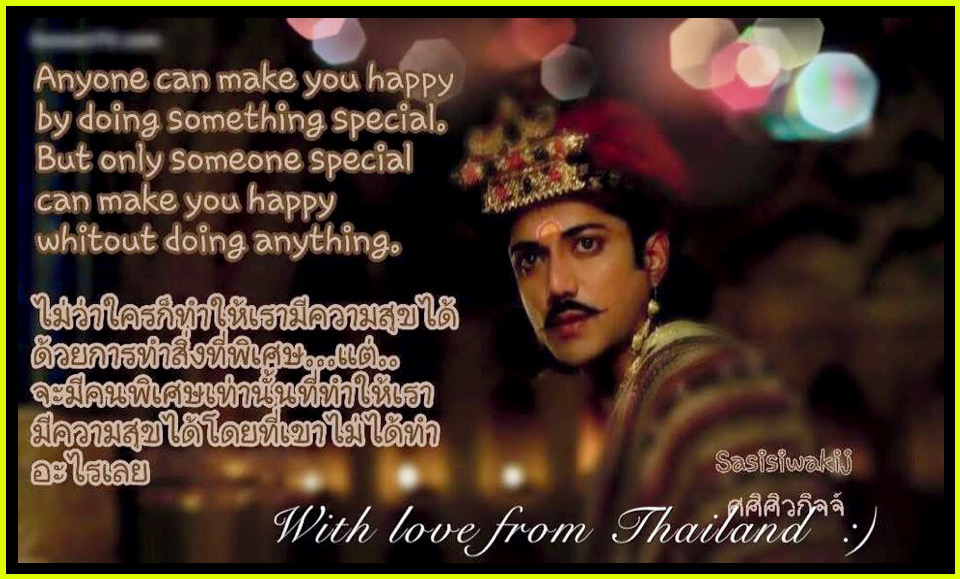
Becoming Devdutt: A Journey Through Fire and Stillness
Buddha—the king who walked away from his throne. Not out of weakness, but out of the deepest strength. He saw the world for what it was—an endless cycle of craving and suffering. And so, he let go. Devdutt, on the other hand, held on with all his might. Where Buddha surrendered, Devdutt fought. Where Buddha sought stillness, Devdutt demanded control. And this contrast is what makes a story whole. Without darkness, how do we see the light? Without thirst, how do we know the value of water?
To portray Devdutt convincingly, I needed to understand Buddha. Acting is all about reacting, and to react to Buddha, I had to comprehend his essence. Eventually, learning and understanding became my only way forward. The deeper I delved into the character, the more I realized Devdutt wasn’t just a role—it was a state of being.
Devdutt Takes Over
Becoming Devdutt wasn’t just acting—it was stepping into fire. The mind entered the storm, and the body followed. At first, it felt like power. To be seen, to be heard, to command. But power is intoxicating, and intoxication blinds. The more Devdutt raged, the more he took hold, wrapping himself around my soul—the one who carried him.
At first, I didn’t see it happening. When you wear a mask for too long, you forget there was ever a face beneath it. The boundaries blurred—on set, off set, it made no difference. In my own life, everything started falling apart during that phase. Even tasks that had a 95% chance of success inexplicably failed—again and again. The frustration, the helplessness, the hunger to control—it was all Devdutt. And I was letting him in.
One thing that kept a small distance between me and Devdutt was the costume. The moment I donned it, I became him entirely. Once ready, I spoke to no one. I isolated myself in my makeup room, waiting for my shot. When called, I would walk to the set like a lion—fearless, brimming with energy, moving as if everything belonged to me. Before each take, I struck the ground three times—a solemn declaration: Devdutt has arrived, and he is here to rule.
The Drunken Scene: A Fanboy’s Dream
One of Devdutt’s most intense scenes was when he was drunk and misbehaving with women. The scene was written by none other than Mr. Prakash Kapadia—the genius behind Devdas, the iconic film by Sanjay Leela Bhansali, where Shah Rukh Khan performed a similar intoxicated scene.
For me, it was a surreal fanboy moment. My favorite writer. My favorite actor. My favorite director. And to top it off, the scene was shot at the exact same location where Devdas was filmed. It felt as if the universe had aligned everything for me.
To deliver a seamless performance, I decided to actually get drunk—I downed almost two bottles of wine. In that state, I dramatically walked onto the beautifully crafted set, where nearly a hundred junior artists and technicians were ready for the shot. What followed was an eight-minute-long take—flawless, uninterrupted, and deeply immersive. No fumbles. No retakes. Just pure, raw performance.
The Whip Scene: Devdutt’s Agony, My Reality
Then came the whipping scene. Devdutt, punishing himself, a prisoner of his own passion. My mind knew it was a performance. But my body forgot.
That day, I was so submerged in the character that I literally started hitting myself with the whip. The first strike landed, and something shifted. The pain was real. The wounds were real too, but the hand did not stop. The lash fell again and again, not as an act, but as truth—an agony born from the fire of his soul.
This is not how acting is usually done. But my journey with Devdutt was not ordinary. I surprised even myself. At times, my fellow actors were visibly unsettled. Though I never crossed any professional boundaries, I never suppressed Devdutt’s presence either. I let him take over. That was my devotion to the role.
The Stunts: Embracing the Risk
I took it upon myself to perform my own stunts. Whether it was rolling down a cliff, falling from a significant height onto boxes, or jumping from a galloping horse onto a co-actor during a war scene—I did it all. I wanted Devdutt’s frustration, his aggression, his raw energy to come through. A stunt double may have replicated the action, but the rage and intensity? That had to come from me.
The Aftermath: Finding Peace Through Devdutt
Every time I submerged myself in Devdutt, I came out with a deeper appreciation for Buddha—his calmness, serenity, and peace. Playing Devdutt was not just an acting experience; it was a spiritual one. It didn’t just push me as a method actor—it transformed me as a human being.
Buddha didn’t walk away from the world because he despised it—he walked away because he understood it. Devdutt clung tight, not because he loved it, but because he didn’t know how to let go. The prince and the monk were not opposites—they were the same force, only moving in different directions. One toward chaos, the other toward peace. One was trapped in craving, the other was free.
We all carry both Devdutt and Buddha within us.
The only question is—who do we choose to follow?
